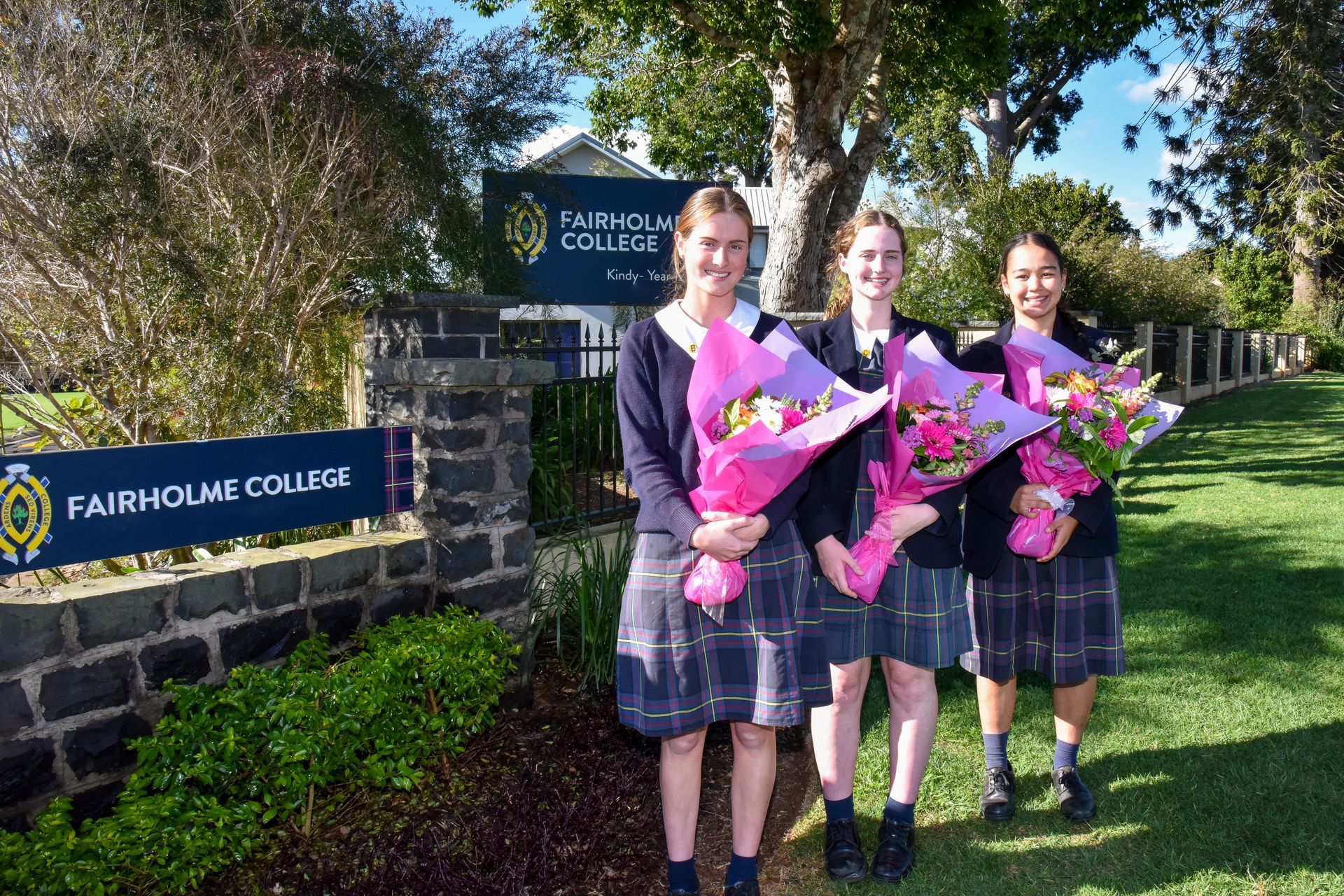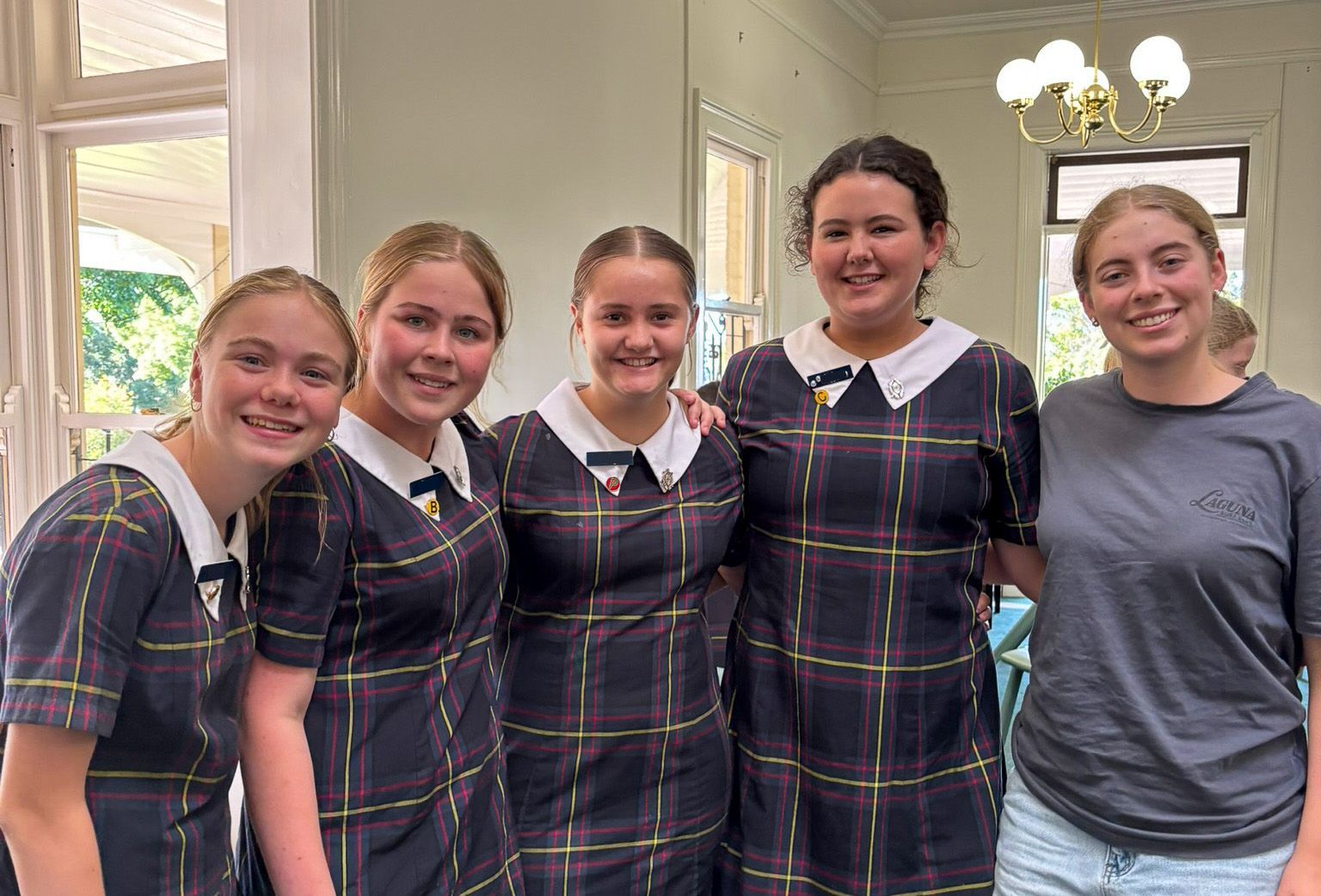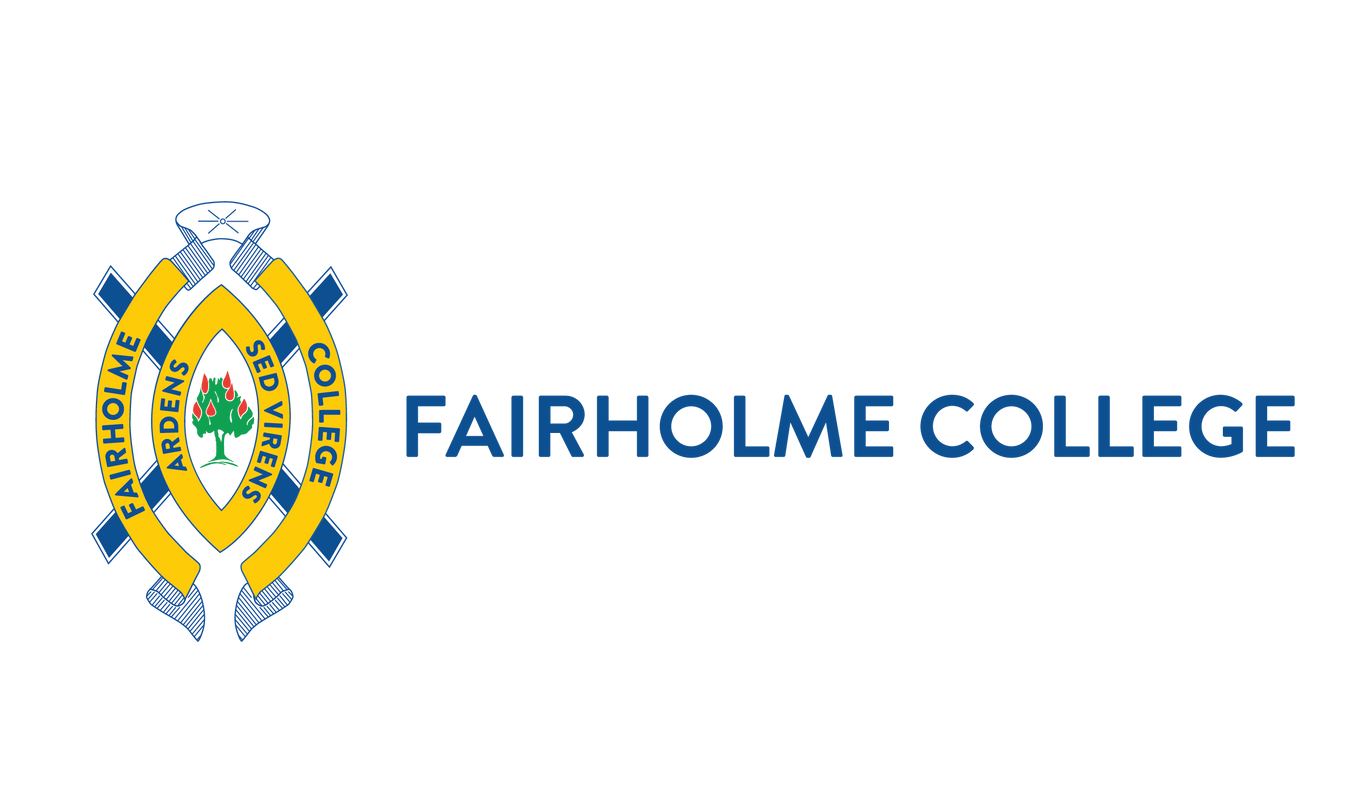This Too Shall Pass
It is the season of purple – a carpet of jacaranda blossoms and blooming agapanthus cast against dark afternoon stormy skies.
November. Graduation. Departures. Yes, it is the season of leaving, and grieving. More importantly, it is also the season of growth, change, and the joy of the new and undiscovered.
The earlier description tends to reflect a parent’s view, the latter, the graduate: the emerging adult clutching the delights of so many tomorrows tightly in both hands. Yes, in just days, we will breathe in deeply and ready ourselves for our 2024 seniors’ farewell. We will marvel at the innocent beauty of the Junior School guard of honour, be stirred by the bagpipes’ hue and cry, The Irish Blessing will move even the immovable, there will be tears, laughter and a messy, spirited cacophony of symbolism and imagery. Finally, we will watch on, an adoring audience, as a mass of tartan will join together on Sess’ oval and move in synch to their final jump’n’jive. Every season has its close: with unerring certainty, summer moves to autumn, winter merges into spring.
Writer, Karell Roxas (2021) reminds that as parents we have 18 summers together with our children. Eighteen glorious, sunburned beach holidays, eighteen Christmas trees with early morning present-giving, eighteen camping holidays with fights over tent placement and the choice of sleeping bag … eighteen. Best to savour each one. After that magic eighteen, holidaying often continues together, but it’s different, your role as a parent is different and it feels different too: simultaneously liberating and poignant. After all, our job, is to become a little redundant. It is certainly the role of a school: to become redundant and to ready our school-leavers to explore new, broad challenging pathways and for them to be confident in the traverse – looking forward and rarely back.
It is a bittersweet privilege to be made redundant. Though, even in the parting of ways there are threads and remnants that aren’t easily or ever entirely severed. Pieces of this place, pieces of home that aren’t shed easily, ones to reach out to and hold on to when life unravels a little, or a lot. They are the gossamers – almost invisible to the eye but stronger than one can imagine. They can hold us firm in times of unsettledness. This is the Fairholme sisterhood – groups that gather together years and decades after departure to pick up those gossamers with unconscious and comforting ease.
I sat with a group of old girls on the afternoon of Spring Fair, from the senior cohort of 2014. We found our place in G25, and they retied the threads that bound them then and bind them now. I could recall where they sat in the English class I shared with Mrs Mason – those who wrote with ease, those that spoke often and too much, the texts we studied. They reached back to memories’ hull and recalled the pranks they played upon one another that seemed outrageous then and harmless now. And we laughed deeply and long, caught in time and the preciousness of remembering.
On Friday the question will be asked: are you sad to see this cohort leave? Of course.. How can it be anything but sad, to watch girls I have journeyed with for so much time, take their leave? How can it not be sad, to farewell parents with whom I have stood on sidelines with, sat beside at concerts or worked through complexities that arise in the life of an adolescent? I have travelled hundreds and hundreds of kilometres to share a cup of tea with many of those parents and this too shall pass.
I remember moving out of home as an eighteen-year-old, jamming furniture clumsily into the back of a friend’s Subaru station wagon. I was elated. My father, meanwhile, stood forlornly at the top of the stairs of my childhood home holding the hand of my much younger, five-year-old sister. I remember him calling with uncharacteristic pensiveness, ‘Say goodbye to your sister, she doesn’t understand why you are moving out.’ In the euphoria and adolescent selfishness of the moment I was oblivious to the impact of my departure.
Months later my wise mother whispered, ‘It was really your father who couldn’t understand why you were leaving home.’ I was taken aback. I had never imagined that everyone wasn’t as excited as I was. I had exchanged the comfort of beautifully cooked meals, meticulous cleanliness and fresh sheets each week that smelt of OMO powder for an experience of marginal poverty indicated by a somewhat constant diet of avocadoes and tomatoes, courtesy of a flatmate’s parents’ farm. I lived in a curtain-less sleep out on the western veranda of an old Queenslander where the Brisbane sun asserted its presence at a ridiculously early hour of every day, and where I could almost reach out of the window and shake the hand of our incredibly near neighbours. Limited income led me to window shop at the butcher’s shop in Lutwyche Shopping Centre. Yet I was happy. I was ‘adulting’. I was independent. Even though I have never returned home again for longer than a week or two at a time – my parents have never been redundant in my life, never will be.
The purple hues of November are the mark of what is to come: the juxtaposition of seasons of leaving and grieving with seasons of growth, change and all that is new. Finally, on Friday, we will watch on, an adoring audience, as a mass of tartan will move in synch to its final jump’n’jive. And the rawness of these departures will fade, and we will rise again for the next season, the memory of jacarandas in bloom gone for a time, because all things – shall pass.
Dr Linda Evans | Principal
Reference
Roxas, K. (2021). We only have 18 summers together with our kids: but I’m determined to make the most of it. May 25, 2021. mother.ly
More News…







